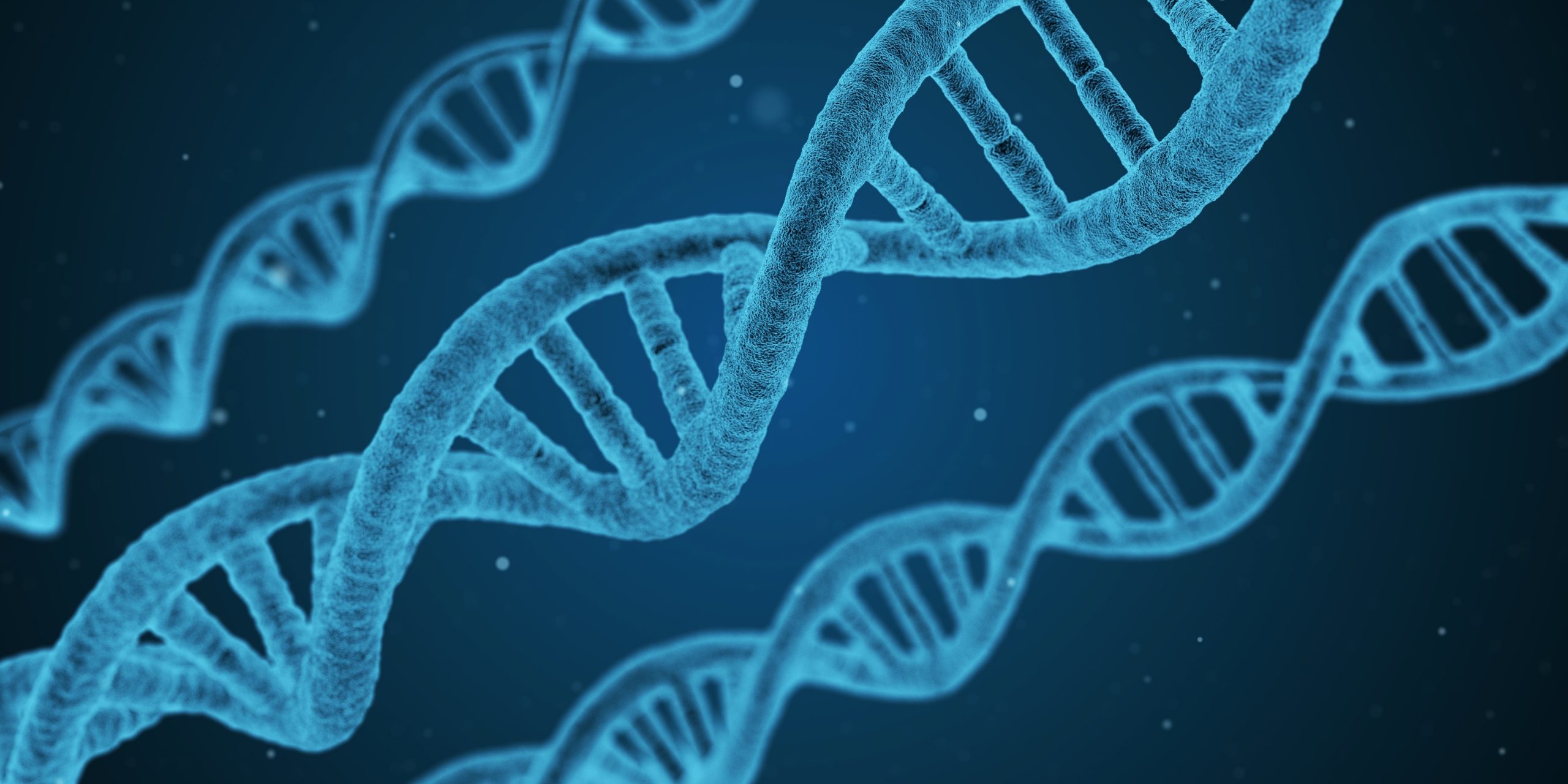A study conducted by Boston Children’s Hospital and the University of Montreal warns against the use of genome editing in humans because the “genetic differences between individuals could prove detrimental to the efficacy of gene modification” and affect the safety of tests conducted in humans.
The authors are in fact asking for gene editing to be adapted to each patient’s genome by ensuring that there are no variants in or around the target DNA sequence. “Humans have different DNA sequences and what is deemed to be a ‘normal’ DNA sequence cannot take all of these differences into account”, explains Stuart Orkin, author of the study. Indeed, “if there are genetic differences on the site targeted by CRISPR reagents for treatment, you run the risk of diminished efficacy or therapeutic failure. One difference in a single pair of bases may reduce binding efficacy due to discordance with the guide RNA”. Such occurrences “are not rare” in the genome and could also trigger binding of the guide RNA to new sites, generating off-target omeeffects.
The study focused specifically on CRISPR-Cas9 technology, but authors believe that their discovery applies to all other genome editing tools, since “all of these technologies are based on the precise identification of DNA segments”.
Phys.org (11/12/2017)

